Understanding Alcohol Abuse?
Alcohol abuse aka alcohol use disorder is the inability to control drinking due to both a physical and emotional dependence on alcohol. It is a drinking pattern which interferes with an individual’s daily activities. It encompasses a spectrum of unhealthy alcohol consumption behaviors including alcohol dependence and binge drinking.
According to the National Institute of Alcohol Abuse and Alcoholism, more than 18 million Americans struggle with alcohol abuse which can be disruptive and sometimes even life-threatening. The two main signs of alcohol abuse include consuming alcohol too much or too often and being unable to control alcohol consumption.
What are the symptoms of alcohol abuse?
- Slowed reflexes
- Slurred speech
- Difficulty concentrating
- Risky behavior
- Blackout
- Gaps in memory
- Poor decision-making abilities
- Illness
- Vomiting
- Hangovers
- Drinking to relax or to drive
- Neglecting responsibilities
- Family problems because of drinking
Risk and Complication of suffering from alcohol abuse?
Risk: Individuals who are depressed, lonely, bored or undergoing emotional stress are at risk of alcohol abuse and it can sometimes even lead to alcoholism. People generally develop alcohol tolerance levels and start drinking more and more each day.
Complication: Alcoholism, when left untreated can lead to complications that might have short-term as well as long-term effects including liver damage, alcohol poisoning and sexual dysfunction. It could also lead to cirrhosis, increased risk of heart diseases and brain damage.
Diagnosing – Alcohol abuse
It is diagnosed when the condition impacts relationships, causes harm or injury or has a negative effect on a person’s quality of life. Doctors might question you about your health history and drinking habits. They might order blood tests to assess your overall health including the organs that get affected by alcohol such as the liver, heart and the nervous system.
Alcohol Abuse - Treatment
How is alcohol abuse treated?
Abstinence
Recovering from alcohol abuse can be a long process. It includes therapy, learning new coping skills and finding new ways of stress management. One of the main treatments for alcohol abuse includes helping individuals learn methods to control the condition. Most individuals who recover from the disease have to abstain from alcohol since moderate drinking can be hard for them. Affected people need to stay sober and practice healthy drinking habits.
Medications
Prescription medicines are given to help alleviate withdrawal symptoms. Doctors sometimes prescribe certain medications that can help people quit drinking alcohol by blocking the feeling of intoxication or making them sick when alcohol enters the body. There are certain drugs that can help reduce cravings too.
Joining support groups
Seeking professional treatment and having support groups can improve recovery chances for individuals suffering from alcohol abuse. These support groups provide support for people who are recovering from alcohol dependence and those who are trying to stay sober.
Relapse is very common among individuals who are undergoing treatment for alcohol abuse. It is very important to recognize warning signs and seek medical help if you are concerned about having a relapse. You can minimize the risk by continuing therapy and support.
UPCOMING TRENDS IN ALCOHOL ABUSE TREATMENT
Calling Alcohol Addiction Helpline Numbers:
For those struggling with alcohol addiction who tried quitting on their own but it just didn’t seem to work can call an alcohol abuse hotline which is typically a phone service that can answer questions pertaining to alcohol addiction. These numbers, which are usually toll-free, provide the initial intervention to get addicts on the road to recovery. Compassion and helpful representatives manning these helplines provide useful information about available resources and treatment options for excessive drinking. There are a number of benefits of speaking to knowledgeable counselors at a hotline for alcoholism. Callers can remain to choose to remain anonymous and are assured of confidentiality. A free alcohol helpline provides access to expert advice at no cost or obligation to the caller.
-
Therapeutic vaccines for alcoholism:
Therapeutic vaccines have come as a new approach to deal with alcohol abuse, after failures in the search for a pharmaceutical agent to deal with it. Research in the field of nicotine abuse has gone away ahead with the number of vaccines being tried clinically followed by cocaine, opioids, methamphetamine, phencyclidine, and alcohol. All of them have a common mechanism of action by antibody production whereas alcohol acts by genetic intervention. None have been approved yet due to poor results in phase II trials, possibly due to not able to trigger an adequate immunological response. But still quest is on for cracking the ice by developing the first successful vaccine against alcohol abuse, that would follow for other drugs too. It would be a great step in the field of therapeutic vaccines for alcohol abuse after similar successful vaccines being approved for other diseases like cancer.
-
No more one size fits all norm.
All substances (and the people who use them) are not the same, and treatment shouldn’t be either. Heroin addiction and alcohol addiction, for example, have different risks and challenges and should be approached in different ways. Recognizing this, as well as the reasons behind the person’s substance use, will make success more likely and can head off negative consequences.
-
Cognitive Behavior Therapy
It is based on the idea that feelings and behaviors are caused by a person's thoughts, not on outside stimuli like people, situations, and events. While one might not be able to change their circumstances, they can change the way they think. According to cognitive behavior therapists, this helps you change how you feel and behave, mentioned VerywellMind.
In the treatment of alcohol and drug dependence, the goal of CBT is to:
- Teach the person to recognize situations in which they are most likely to drink or use drugs.
- Avoid these circumstances if possible.
- Cope with other problems and behaviors which may lead to their substance abuse.
-
Computer-delivered cognitive behavioral therapy
Experts at Yale University are conducting a clinical trial on Computer-based Training for Cognitive Behavioural Therapy. (CBT4CBT) is a new online addiction treatment developed by Dr. Kathleen Carroll at the Yale School of Medicine in New Haven, Connecticut. CBT4CBT consists of seven one-hour long online sessions that teach key concepts, including dealing with cravings, problem-solving, and decision-making skills, to help users reduce substance abuse. CBT4CBT has been rigorously tested throughout various communities in the United States with great success and is currently being rolled out throughout the States. The therapeutic approach of CBT4CBT is unique as its efficacy, durability, and cost-savings have been proven in several rigorous clinical trials and will be magnified by the fact that the program can be delivered in Canada, allowing for increased and continual improvements in population health. CBT4CBT has been accepted by both patients and addiction treatment personnel alike and has won numerous clinical innovation awards.
Research References: https://www.webmd.com/mental-health/addiction/what-is-alcohol-abuse https://www.healthline.com/health/alcohol-use-and-abuse https://en.wikipedia.org/wiki/Alcohol_abuse https://www.medicalnewstoday.com/articles/157163.php https://www.ncbi.nlm.nih.gov/pmc/articles/PMC5051239/ https://clinicaltrials.gov/ct2/show/NCT03230669 https://www.cambridge.org/core/journals/irish-journal-of-psychological-medicine/article/computerised-cognitive-behavioural-therapy-for-alcohol-use-disorder-a-pilot-randomised-control-trial/F1B9BAAAD2C19EAA3307CA81F783D6F9# https://www.verywellmind.com/cognitive-behavior-therapy-for-addiction-67893 https://www.apa.org/monitor/2009/03/addiction https://www.ncbi.nlm.nih.gov/pmc/articles/PMC4119795/ https://www.psychologytoday.com/us/blog/where-science-meets-the-steps/201503/4-predictions-the-future-addiction-treatment








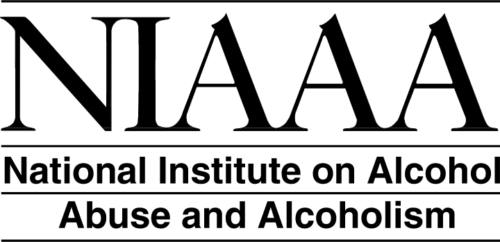

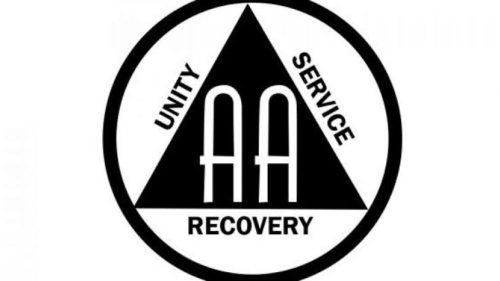
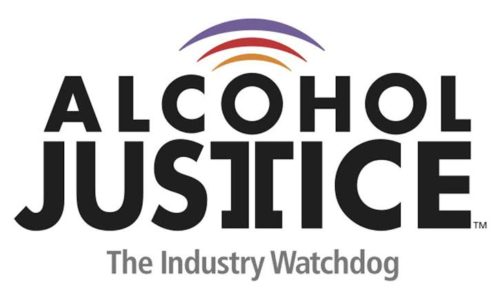

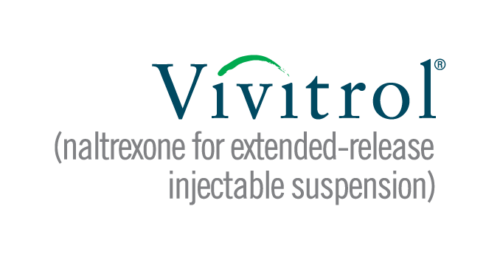


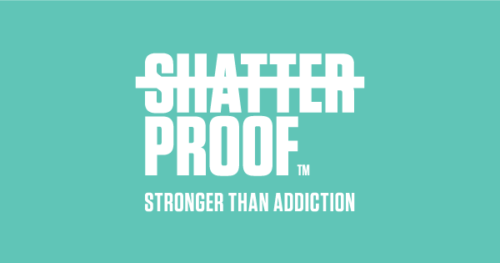

Leave a Reply